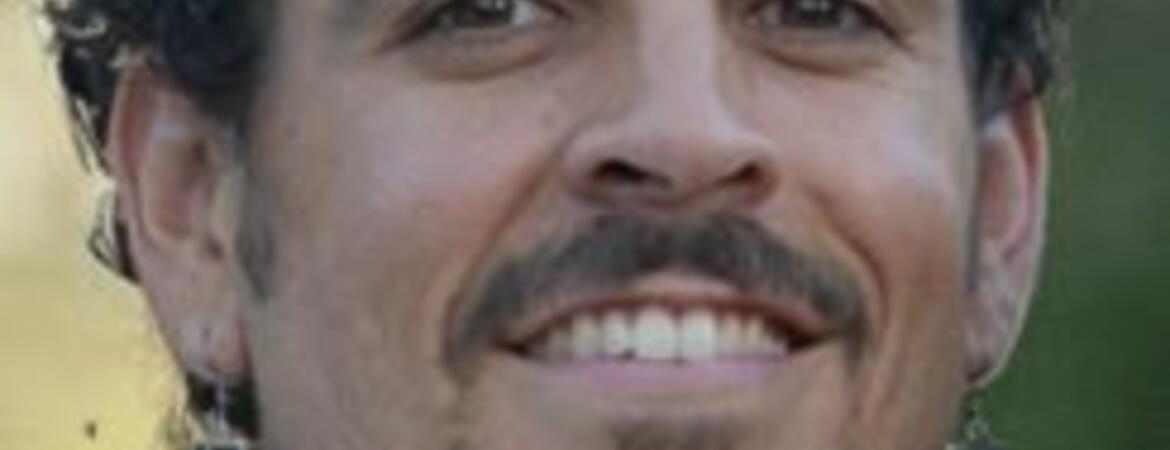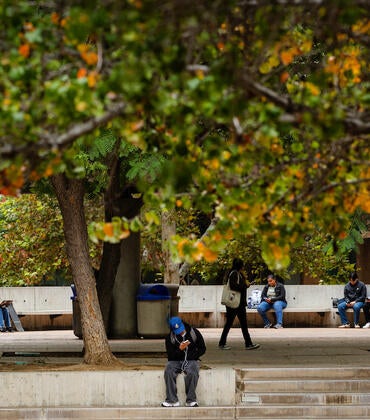David Chávez, a sixth-year doctoral candidate in UC Riverside’s history department, was named a recipient of one of 10 Haynes Lindley Doctoral Dissertation Fellowships for the 2018-19 term.
Awarded by the Los Angeles-based John Randolph Haynes and Dora Haynes Foundation, the fellowships support graduate-level research in the social sciences at institutions throughout the greater L.A. area.
Chávez earned the $20,000 award for a proposal titled “From Delinquents to Street Terrorists: The War on Youth Crime, 1945-1987.” His dissertation will trace the genealogy of the criminalization of youth, with a focus on gangs of color in the city of L.A. from the tail end of World War II until the creation of California’s Street Terrorism Enforcement and Prevention Act in the late 1980s.
“In World War II-era Los Angeles, the media, law enforcement, and political leaders created a racially charged moral panic that portrayed Mexican youth engaged in zoot suit and pachuco/a culture as roving gangs causing an uptick in violence, which statistically wasn’t true,” Chávez said.
Events like 1942’s Sleepy Lagoon murder trial and the Zoot Suit Riots of 1943, he added, further amplified the region’s pervasive anti-Mexican racial tensions.
Those events culminated in the 1946 creation of the Delinquency Control Institute, or DCI. The program, which ran through 2010, was a collaboration between the University of Southern California, the L.A. County Sheriff’s Department, and the L.A. Police Department. Chávez described it as part of an effort to create a nationwide training institute to teach law enforcement officers and even some community members to profile and professionalize the policing of young people.
“During this period, the DCI brought together sociological studies of crime, public administration management techniques, and law enforcement practices of policing young people,” he explained. “Much of the criminalization of youth was racialized and disproportionately targeted young people of color; yet at the same time in L.A., there were lots of white youth gangs like the ‘Spook Hunters' — an all-white, anti-black gang that was trying to keep Southeast L.A. racially segregated in the 1940s and ’50s — that weren’t identified as similarly problematic.”
Chavez, who is advised by Associate Professor of History Catherine Gudis and Professor of Media and Cultural Studies Dylan Rodríguez, said he hopes his findings will help expand the existing body of analysis on the carceral state. He intends to use his dissertation research as the foundation for a book, urban youth policy, or potentially even a graphic novel that could be incorporated into high school and college curriculums.




